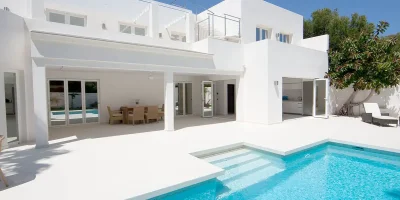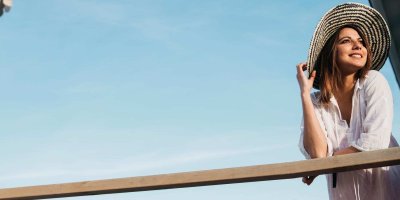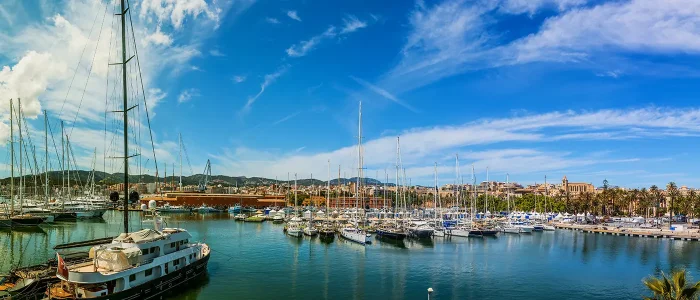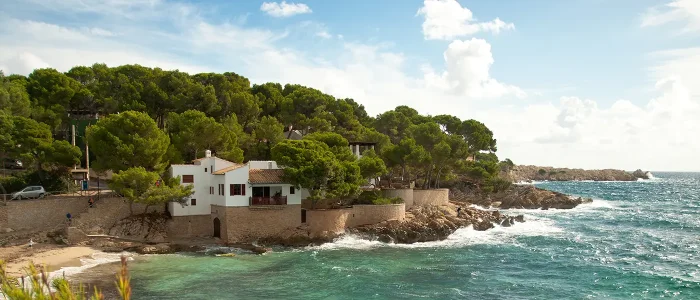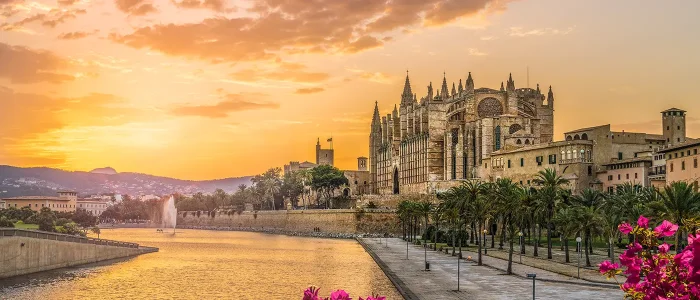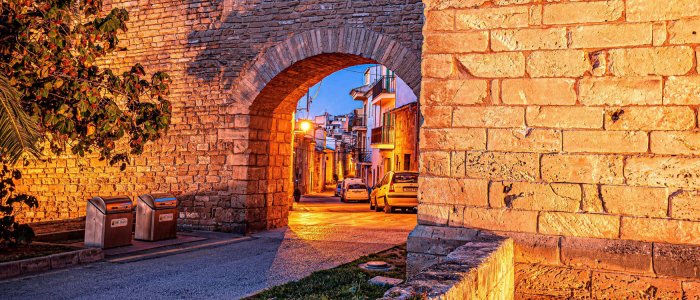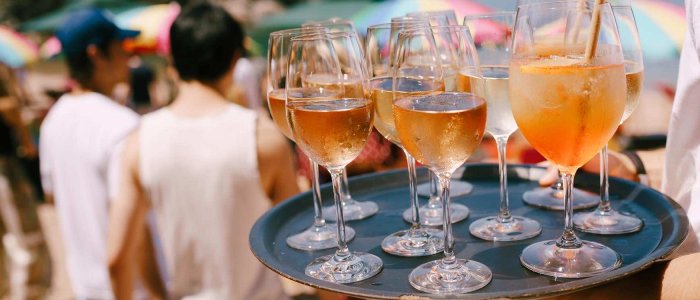Ecological living in Mallorca: insight into green and sustainable properties
Ecological living in Mallorca: insight into green and sustainable properties
Ecological living in Mallorca: insight into green and sustainable properties
In today's society, awareness of environmental issues and sustainability has increased. This has led to an increasing focus on ecological living in the real estate industry as well. But what exactly does ecological living mean? Ecological living refers to building and living that takes environmental and climate protection aspects into account. This includes the selection of sustainable building materials, energy-efficient design and the integration of renewable energy technologies, to name just a few aspects.
Mallorca is known for its variety of properties, from traditional fincas to modern luxury villas. However, in recent years, a trend towards more sustainable real estate solutions has also emerged. According to recent statistics, the demand for green, ecological housing solutions in Mallorca has increased by 20% in the last five years, indicating the growing environmental awareness of the population and immigrants.
In this article, we give you an insight into the world of ecological housing. We discuss the impact of the real estate industry on the environment, highlight the basics and benefits of green living, present case studies of sustainable real estate projects, and give advice on how to find your own green property on the island. Join us on this exciting journey into the green future of real estate on Mallorca.
The environmental impact of the real estate industry
The real estate industry, including the design, construction and maintenance of buildings, has a significant impact on the environment. Traditional real estate projects on the island that are carried out without considering environmental aspects contribute to a variety of environmental problems.
First of all, the construction sector is one of the largest consumers of natural resources. From the mining of raw materials such as sand, gravel and metals, to the use of non-renewable energy sources in the production of construction materials and during the construction phase, to the high consumption of water - all of this has a significant impact on the environment.
In addition, traditional construction techniques and materials result in significant energy consumption during the use phase of a building. For example, poorly insulated buildings are responsible for high heating and cooling costs, resulting in increased CO2 emissions.
In Mallorca, the real estate boom has also led to increasing destruction of natural habitats. The construction of real estate projects in areas close to nature has significantly affected local fauna and flora and led to the fragmentation of ecosystems.
In light of these challenges, sustainable construction is critical to reducing the negative impact of the real estate industry on the environment. By considering sustainability issues from the outset, buildings can be designed and constructed that use fewer resources, produce less waste, use energy more efficiently, and are better integrated into the natural environment.
In Mallorca, sustainable construction offers the opportunity to reduce the environmental impact of the building sector while improving the quality of life for residents and preserving the island's unique natural environment. It is an approach that is beneficial for both people and the planet.
Basics of ecological living in Mallorca
Ecological housing is based on a set of key principles and techniques that aim to minimize the environmental impact of building and living and improve the quality of life of residents. Below are some of these principles and how they are implemented in new construction properties in Mallorca:
- Energy Efficiency: one of the main objectives of ecological housing is to reduce energy consumption. This is achieved through the use of efficient insulation materials, energy efficient appliances and lighting, and passive solar design that takes advantage of the climate and solar orientation to minimize heating and cooling needs. In Mallorca, this is implemented by taking advantage of strong solar radiation and sea breezes for passive cooling.
- Use of renewable energy: green housing projects often integrate renewable energy generation technologies such as solar panels or wind turbines. In Mallorca, where sun and wind are abundant, such systems are particularly effective.
- Sustainable materials: the use of sustainable, locally available and recyclable materials is another important aspect of ecological living. In Mallorca, for example, traditional building materials such as stone and wood are often used, which are locally sourced and require little energy in their production and processing.
- Water management: due to Mallorca's dry climate, water is a precious resource. Therefore, ecological housing projects often use water conservation and reuse technologies, such as rainwater harvesting systems, graywater recycling, and water-efficient plumbing fixtures.
- Integration into the natural environment: rather than destroying the natural environment, ecological housing projects seek to blend harmoniously into it. This can be achieved by retaining existing vegetation, minimizing landscape intrusion, and creating habitats for local fauna.
By implementing these principles and techniques, ecological housing in Mallorca can not only reduce the environmental impact of living, but also provide a more pleasant, healthier and cost-efficient living experience.
Case studies of sustainable real estate in Mallorca
Below are some case studies of sustainable real estate projects that show how the principles of ecological housing are put into practice:
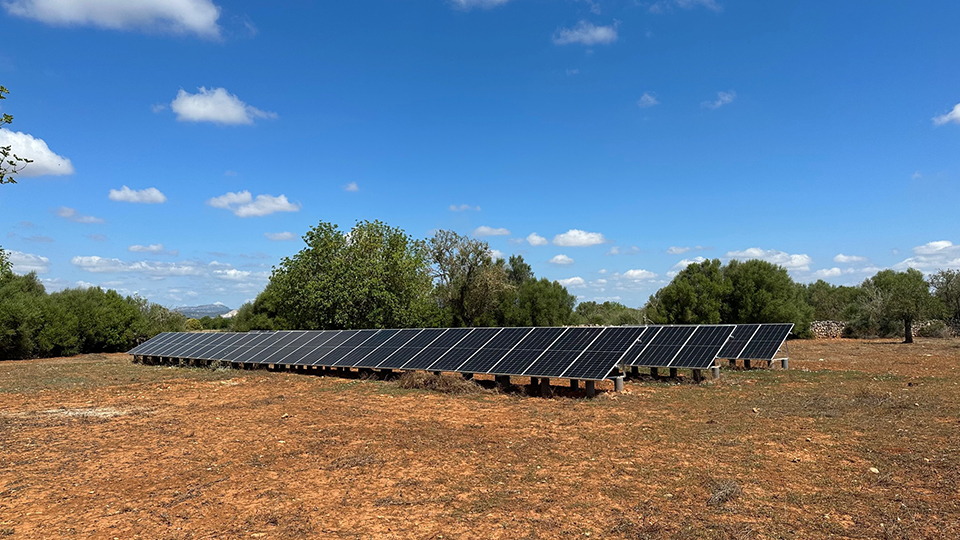
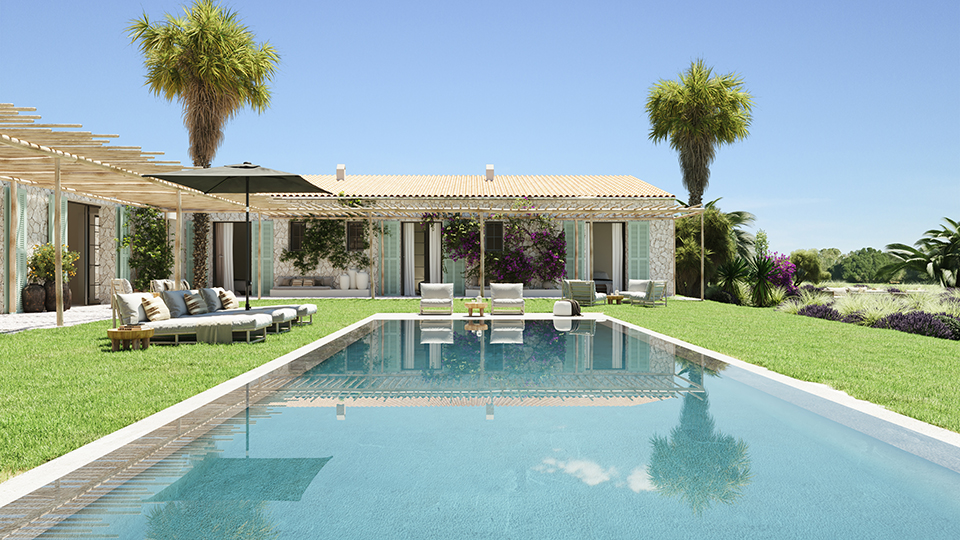 1. case study: ecological finca in Campos.
1. case study: ecological finca in Campos.
- This project is an example of the renovation of a traditional Mallorcan house using sustainable techniques and materials.
- Emphasis was placed on preserving the original structure and the natural environment.
- A solar system for electricity generation and a rainwater collection system were installed.
- The interior decoration is made of recycled and ecological materials.
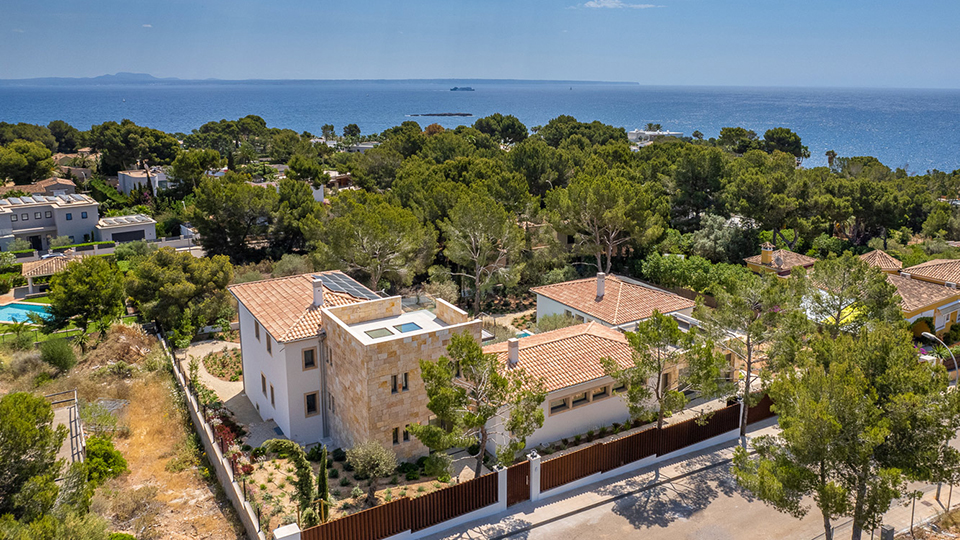 Case study 2 : Eco-villa in Sol de Mallorca.
Case study 2 : Eco-villa in Sol de Mallorca.
- This villa was built with minimal impact on the surrounding environment and blends seamlessly into the surrounding landscape.
- It was built mainly from local materials such as stone and wood to minimize the carbon footprint of construction.
- The design of the villa incorporates passive solar techniques, reducing reliance on artificial lighting and heating. In addition, renewable energy sources such as solar and wind power are used to meet energy needs.
- The property also includes an organic swimming pool that is naturally purified and chemical-free. The surrounding gardens are ecologically designed and complement the natural environment.
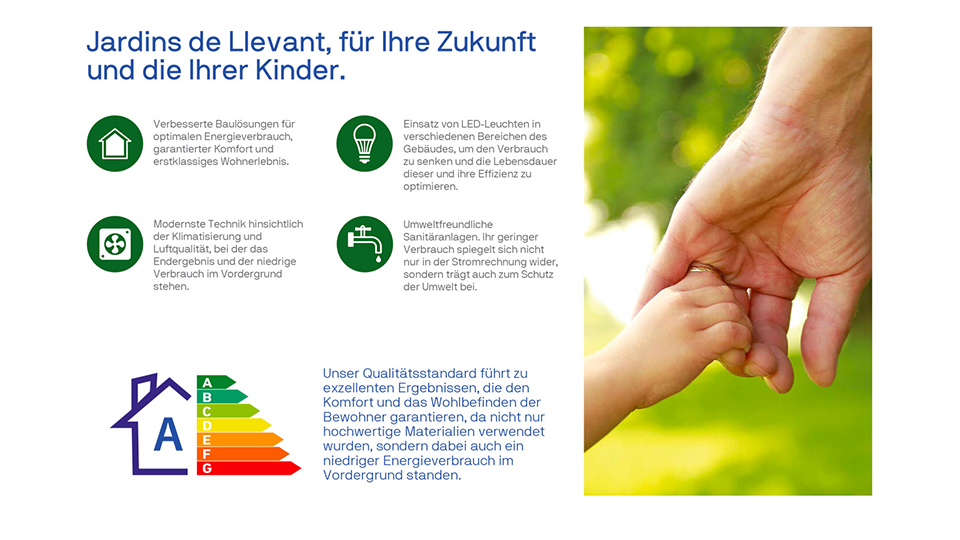
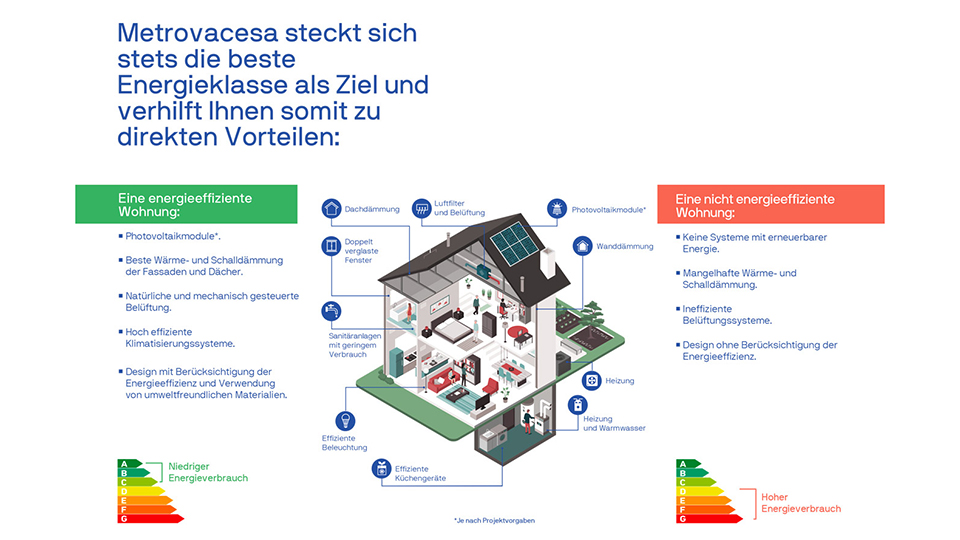 Case study 3 : Modern, energy-efficient residence in Palma.
Case study 3 : Modern, energy-efficient residence in Palma.
- This residence is an example of modern, sustainable architecture in an urban context.
- It uses efficient insulation materials and a heat pump to minimize energy consumption.
- It has a green roof to improve insulation and create habitat for local plants and insects.
- A rainwater collection system and a graywater recycling system were installed.
These case studies show that green housing in Mallorca can be implemented in many different forms and contexts, from traditional fincas to modern townhouses. Sustainable housing projects not only protect the environment, but are also aesthetically pleasing and comfortable.
Advantages of ecological living
Ecological housing offers a variety of benefits that go far beyond environmental protection. These benefits can be divided into environmental, social, and economic categories:
Ecological benefits:
- Reduction of resource consumption: by using sustainable materials and efficient technologies, ecological housing projects can dramatically reduce the consumption of energy, water, and other natural resources.
- Protection of the natural environment: by blending harmoniously with the natural environment, ecological housing projects contribute to the protection of the natural landscape and biodiversity in Mallorca.
Social benefits:
- Improving the quality of life: ecological homes are often healthier and more pleasant to live in, as they use natural materials, ensure good indoor air quality and blend harmoniously with the natural environment.
- RaisingAwareness: Ecological housing projects can also help raise awareness of environmental issues and spread knowledge about sustainable practices.
Economic benefits:
- Cost savings: Although green homes can be more expensive to purchase, they can save money in the long run because they use less energy and water and often require less maintenance.
- Increased property value: due to the growing demand for sustainable properties, ecological homes can have a higher resale value.
In Mallorca, the benefits of ecological living are felt particularly acutely. The island has limited natural resources, and tourism and immigration are increasing pressure on the environment. Ecological housing projects help reduce resource consumption and protect the natural environment. They also promote healthy and comfortable living. This improves the quality of life on the island and secures its future.
How to find an ecological property in Mallorca
If you are interested in finding an ecological property in Mallorca, there are several resources available to help you in your search:
Local real estate agents: some real estate agents specialize in ecological properties and can help you find a property that meets your sustainability criteria. For example, Jürgen Conzelmann and his team at Immobilienmallorca.com are renowned real estate agents on the island, offering both traditional and ecological properties. His extensive knowledge of the local market can help you find the perfect sustainable property.
Online real estate platforms: There are several online platforms that specialize in ecological real estate. On immobilienmallorca.com you can find a wide range of properties in Mallorca, including ecological and sustainable options.
Ecological construction companies: Some construction companies specialize in sustainable building practices and can design and build custom ecological homes. These companies can also provide valuable advice and expertise in sustainable materials and technologies.
Local organizations and networks: there are several organizations and networks in Mallorca that promote sustainable housing and construction. These organizations can provide information resources, networking opportunities, and sometimes assistance in finding an eco-friendly property.
Visit ecological housing projects: Visit ecological housing projects to get an idea of what is possible and to gather ideas and inspiration for your own project.
Conclusion: Ecological housing in Mallorca:
Ecological living in Mallorca represents a rewarding and sustainable choice that offers environmental as well as social and economic benefits. By reducing resource consumption, improving the quality of life and creating housing that blends harmoniously with the natural environment, ecological housing projects can help preserve the island's unique beauty and character.
The future of ecological housing is promising, and there is tremendous potential to further expand and deepen these practices. Therefore, we encourage anyone interested in housing and real estate in Mallorca to consider the possibilities of ecological living. It is an investment that not only offers personal benefits, but also helps to secure the future of the island for generations to come.
We hope you liked this article about Ecological living Mallorca. We are always pleased to hear from you, so do send us your feedback here. Sunny greetings from all of us @ mallorca.com
Related Articles
Architectural Reform
Explore the transformative power of architecture design and construction reform in bringing life to real estate dreams.
Real estate checklist
Finding the perfect property can be an exciting, yet challenging task. It is important to be thorough and careful to ensure you make the best decision.

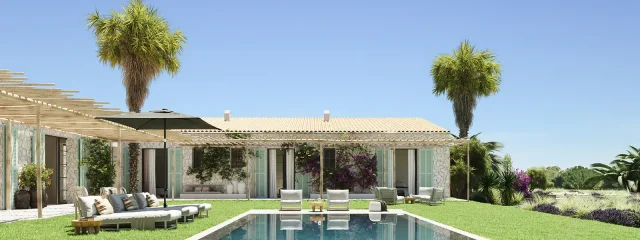
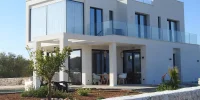 Mallorca Living: Properties from Fincas to Luxury Villas
Mallorca Living: Properties from Fincas to Luxury Villas
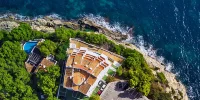 Exclusive properties in Mallorca | Current top properties - Mallorca.com
Exclusive properties in Mallorca | Current top properties - Mallorca.com
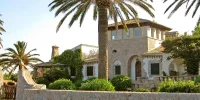 Historical Real Estates in Mallorca: From Manor Houses to Modern Villas
Historical Real Estates in Mallorca: From Manor Houses to Modern Villas
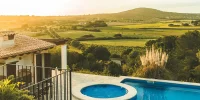 Mallorca Living: A Guide to Buying a Villa and Island Life
Mallorca Living: A Guide to Buying a Villa and Island Life
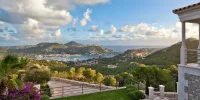 Property search in Mallorca
Property search in Mallorca
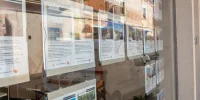 What you should consider when buying a property
What you should consider when buying a property
